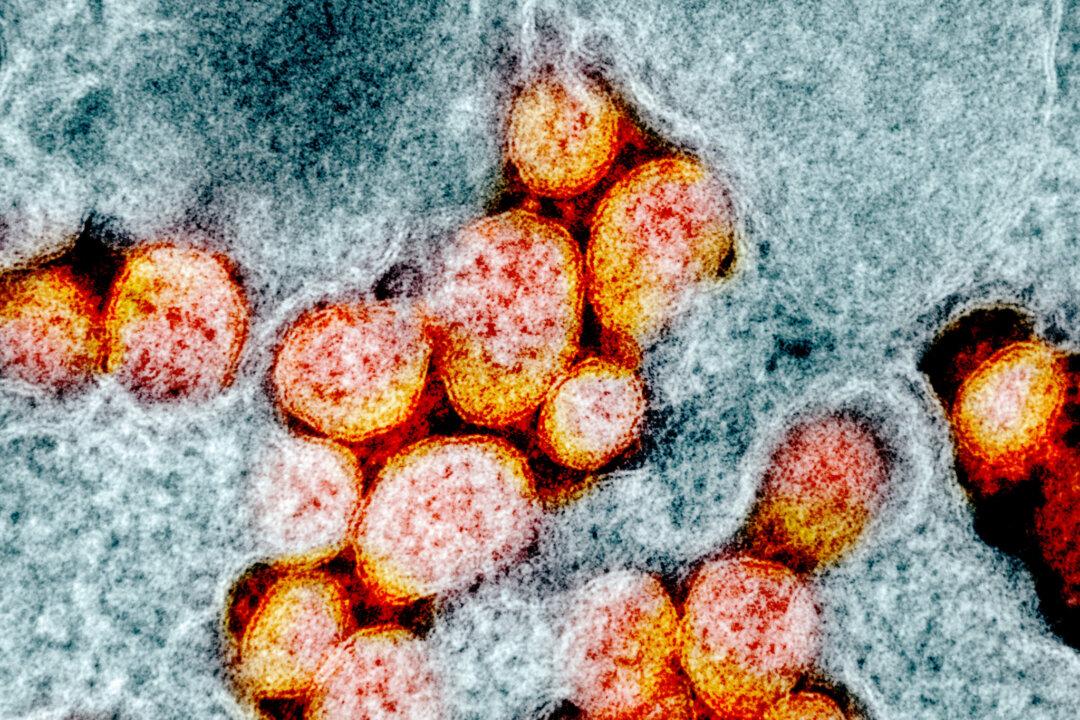As more than 500,000 people in the United States have tested positive for COVID-19, a new study is looking to determine how many Americans have really been infected with the CCP virus.
A study from the U.S. National Institutes of Health (NIH) is aiming to see how many people have contracted the virus by looking for antibodies in their blood, which might indicate a previous infection.





